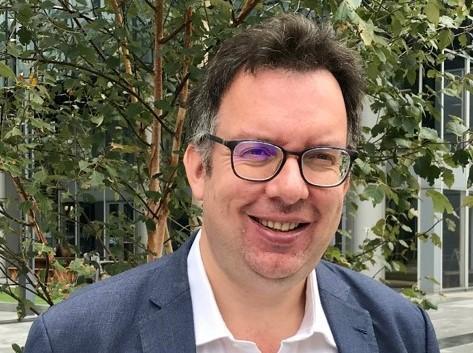The special report highlights risks around mergers and oversight of complaint handling
A special investigation report produced by the Housing Ombudsman has revealed a lack of ownership over complaint handling during the merger between Optivo and Southern Housing in 2022.

The Ombudsman identified that the landlord’s approach during the merger did not “extend sufficiently to complaints handling and achieving a positive complaint handling culture”.
In the report, the Ombudsman issued determinations on 77 cases, making 184 findings with a 79% maladministration rate. Regarding complaint handling, the maladministration rate was 92%.
The report covers events occurring between October 2018 and September 2023, with 14 complaints involving events post-merger.
In total, the Ombudsman made 300 orders to make things right for residents.
The report identified issues such as dealing with complaints informally and said there was a “blurred line” between complaints and service requests.
The landlord’s post-merger complaints policy no longer contains an informal complaints process. However, the Ombudsman said it has seen recent examples at its pre-investigation stage “which suggest the landlord may be drifting towards dealing with some complaints informally”.
>> See also: Non-compliant A2Dominion drafts two housing association bosses on to its board
>> See also: More than half of social landlords have taken action on noise complaints, Ombudsman says
Examples of issues caused by complaint handling included “lengthy delays” in dealing with a leaking waste pipe, which led to Environmental Health issuing an improvement notice.
The Housing Ombudsman also found that there had been a lack of appropriate action following a risk assessment that was made after a resident was wielding a machete and threatening to set fire to the building.
The Ombudsman noted that the landlord had identified that complaints and associated issues were a risk pre-merger, with evidence that one of the landlords was struggling with a huge backlog in repairs complaints.
However, the Ombudsman said that the new organisation “did not act sufficiently or swiftly enough to mitigate this”.
Richard Blakeway, Housing Ombudsman, said: “The leadership of the landlord has been open and reflective during our investigation, and the proactive steps it is taking should make a difference for residents in what is a challenging operating environment.
“The pressures on the sector means it is highly likely that more mergers will happen. This report exposes the challenges mergers can present to service areas and effective complaint handling. It therefore provides vital learning for the sector as well as the landlord itself.”
He added that the lack of ownership within the complaint-handling culture of the landlord ”was the common thread across our findings”. Blakeway said that integrating policy, processes and personnel can take time, and that maintaining effective service delivery, including complaint handling, is challenging amidst the organisational pressures and uncertainties associated with a merger.
Southern Housing’s learning statement said: “We’re truly sorry to all residents who’ve experienced service failures, including the 67 residents that this report shows we let down.”
The statement added that the housing association had worked proactively and collaboratively with the Ombudsman and his team and that it welcomed the learning from the report.
Southern Housing noted that 76 of the 77 determinations reviewed in this investigation pre-date the merger in December 2022.
It said: “The Ombudsman’s 2022-23 data shows that at merger, Optivo had a maladministration rate of 3.5 per 10,000 homes. This was less than a third of the London average of 11.5, and just over half the national average of 6.8. Whilst SHG (Southern Housing Group) had a higher-than-average rate of 13.1, the combined rate for the two organisations was a third lower than the London average.”
Southern Housing said it endorsed the Ombudsman’s call for a long-term plan for housing and his recognition that parts of the sector are “at breaking point”.
The statement added: “The social landlord cost model was never designed to eliminate service failures. There’s little chance of this changing given unprecedented financial pressures on the sector. The important thing is that we acknowledge failures promptly, apologise, put things right, and learn lessons.”
Southern Housing said it had introduced several changes since the merger, including a customer service training programme for all colleagues and improvements in repairs and maintenance.
It said: “We’ll complete the integration of our systems by April 2025 enabling us to realise further merger benefits and deliver services to a consistently higher standard”.
Blakeway said that the Housing Ombudsman Service’s report, ’On the record: Spotlight on Knowledge and Information Management’, found that ”where merging landlords already had existing shortfalls, such as those the landlord identified pre-merger, there is a significant risk of those problems remaining unresolved, getting lost, or becoming even bigger”.
He added: “I would recommend that landlords who are exploring a merger, or have recently been through one, understand and test themselves against our recommendations to identify any changes they could implement to prevent complaints”.











No comments yet